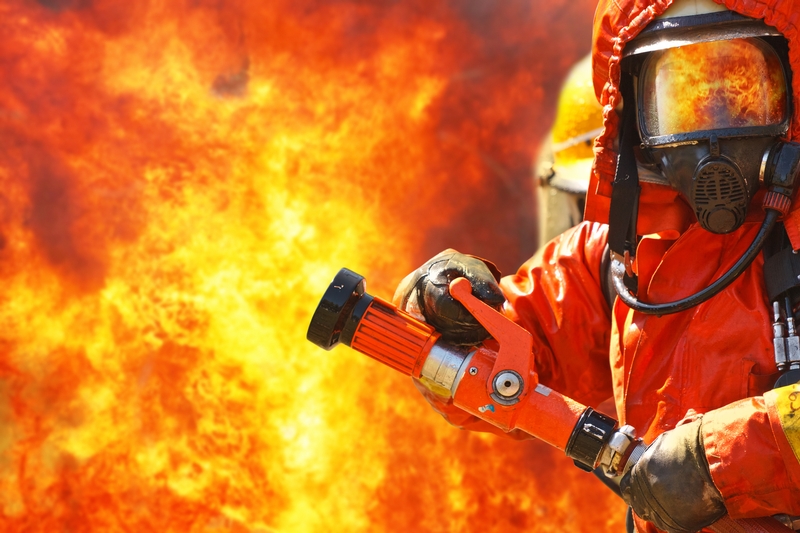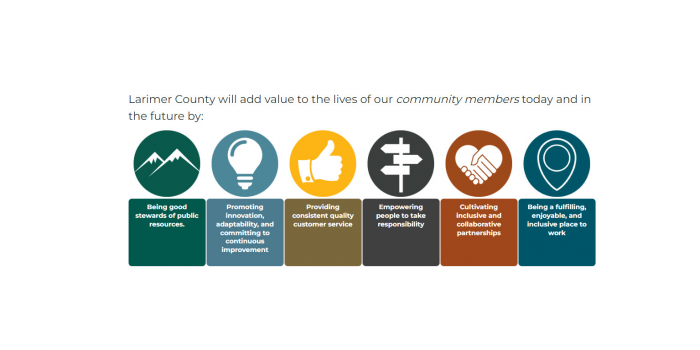 This is the 1st of a 5-part series on how to create an honest and all-inclusive resume to become a Firefighter.
This is the 1st of a 5-part series on how to create an honest and all-inclusive resume to become a Firefighter.
In order for you to truthfully answer this question you must first be clear as to what a fire service resume is for and what the components of a successful resume are. We will address each section in detail over the next 4 installments. So, hang on and enjoy Part 1 – The Basics.
The purpose of a resume is to give the oral board and others who read it a picture of who you are, what you have done relative to the job and what you stand for. This information is conveyed to the reader/rater in terms of experience, education, accomplishments and community involvement. Since the reader/rater will only see your resume for 15 – 30 seconds you must convey your message completely and concisely. There is no time for information that is irrelevant or uninteresting.
It is critical for you to recognize what to include in the essential components of a resume. These categories will need to be listed in order of relevance. Since we put a great deal of weight on real life experiences the first topic heading is professional experience. Here you must include paid as well as non-paid employment and the actual job activities you performed.
The second category is education. Please include your formal education, post high school with the most relevant first. Be complete because each educational experience teaches you something. We want to know what you learned and that you can learn in a formal environment. The third category is your certifications and qualifications. These show that you have been active and are a life long learner. A concept you will come to know and love.
Lastly, what speaks to us about what you stand for are the things you do without the purpose of being hired as a firefighter in mind. These are the activities you are involved in that show you are an upstanding member of the community. This is where you get to show your true mettle. These are typically the things you did before you even thought of being a firefighter. You did them because you had a genuine concern for the betterment of your community. Community involvement or Volunteerism, as it is referred to in government sectors, are usually the words that guides these activities. We want to know you are a good person outside the fire service and you are willing to represent the values and morals the fire service stands for. There is no better way to prove that than by executing these missions with pure intentions. That shows character.
Some other key components that should be included in a resume may be professional recognition or special assignments.
If your resume does include these components than your next step is to have someone who makes hiring decisions review it and provide you feedback. If your resume does not include each of the previously mentioned elements than you will definitely benefit from some professional help. Fire Alumni has been helping entry-level firefighter candidates for over 15 years. We focus on helping you, the candidate to become the best you can be in the hiring process. We have reviewed many resumes and assisted many candidates put their best foot forward. Visit us at www.firealumni.com and get the assistance you need.
Can you afford to miss an opportunity to step up your game?



